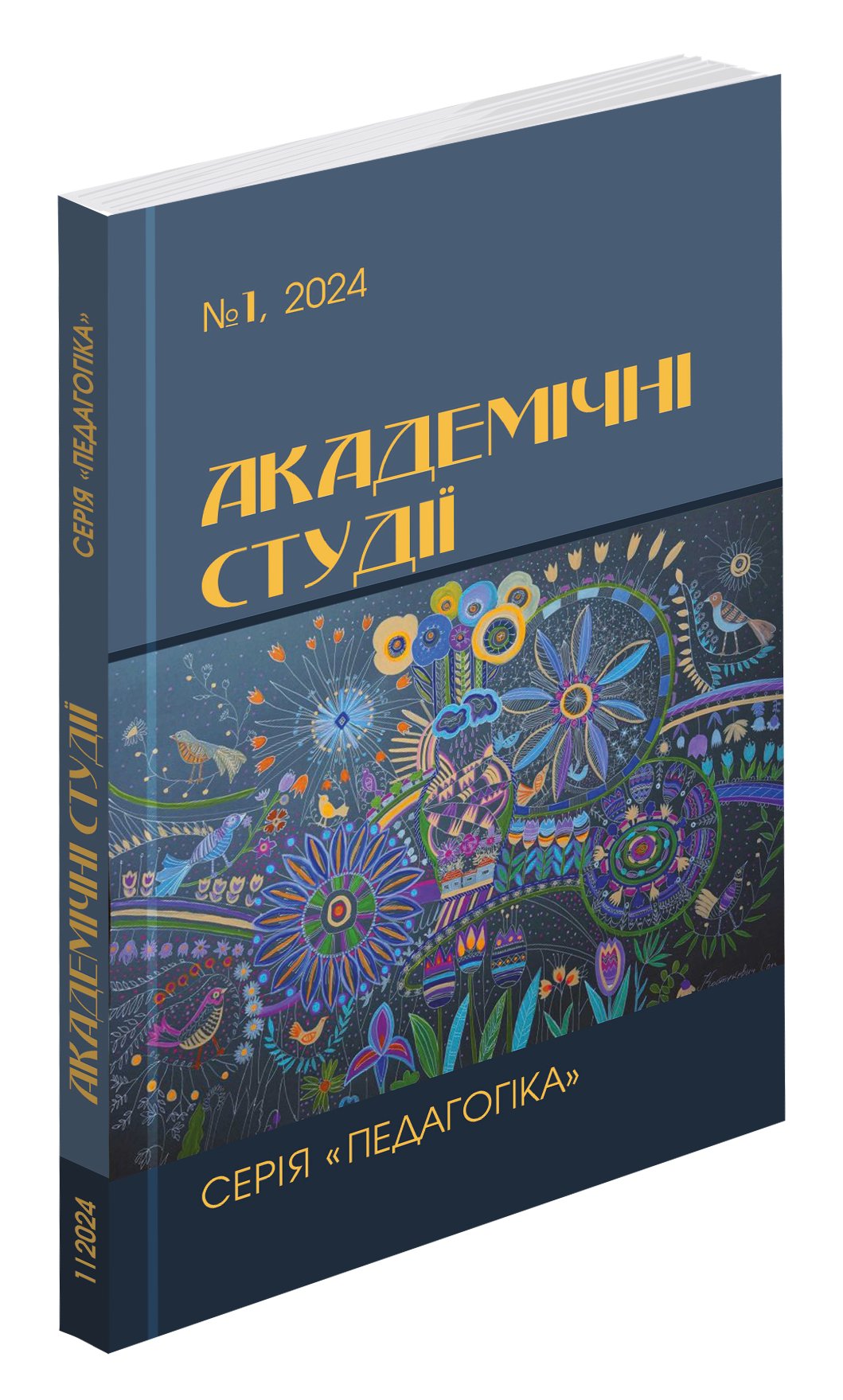Abstract
The article discusses the issues of implementation and use of digital applications in the study of disciplines of the language and literature educational field. Among the 10 key competencies of the State Basic Education Standard, a significant place belongs to the information and digital competency, which involves mastering the skills and abilities to work with digital services both to solve educational problems and to be successful in professional activities. The purpose of the article is to describe and demonstrate the possibilities of using digital cases, which are an effective mechanism for creating, searching, processing and sharing educational information. It is noted that the modern educational paradigm is based on quality education, and the effectiveness of the educational process largely depends on innovation. It is proved that the use of digital platforms such as LeaningApps, Online Test Pad, LanguageTool, and the Storybird service forms a positive motivation to study the subjects of the language and literature educational field, active interaction and cooperation, and ensures high motivation of students. As a result of using a digital case in the classroom, creative competence, cognitive and communicative activity, independence, problem solving, and conditions for self-realization and self-affirmation are developed. The advantage of using a digital case is a successful outcome, as students are involved in solving certain problems and creating situations of success not only during face-toface classes, but also in online or blended learning. We can say that mastering digital applications ensures the systematic, continuous and integrity of the process of preparing for digital transformation. We emphasize that the educational process will not be complete and constructive without the use of digital technologies, and information and digital competence is an important component of the process of digitalization of the modern information and communication space.
References
Нищак І., Гавриш Т., Улич А. Розвиток просторового мислення учнів на уроках креслення засобами цифрових технологій. Молодь і ринок. 2020. № 6/185. С. 16–20.
Педагогічні технології : навч. посіб. / О. С. Падалка, А. М. Нісімчук, О. Т. Шпак. Київ : Вид. центр «Просвіта», 2000. 368 с.
Онлайн-тести, опитування, кросворди. Online Test Pad. URL: http://surl.li/fkiml (дата звернення: 02.03.2024).
Шкіль В. Онлайн-навчання: як українські вчителі змінили підходи до викладання під час карантину? URL: http://blog.ed-era.com/onlain-navchannia/ (дата звернення: 12.03.2024).
Carretero Stephanie, Vuorikari Riina, Punie Yves. DigComp 2.1: The Digital Competence Framework for Citizens with eight proficiency levels and examples of use. Luxembourg: Publications Office of the European Union, 2017. 48 р.

